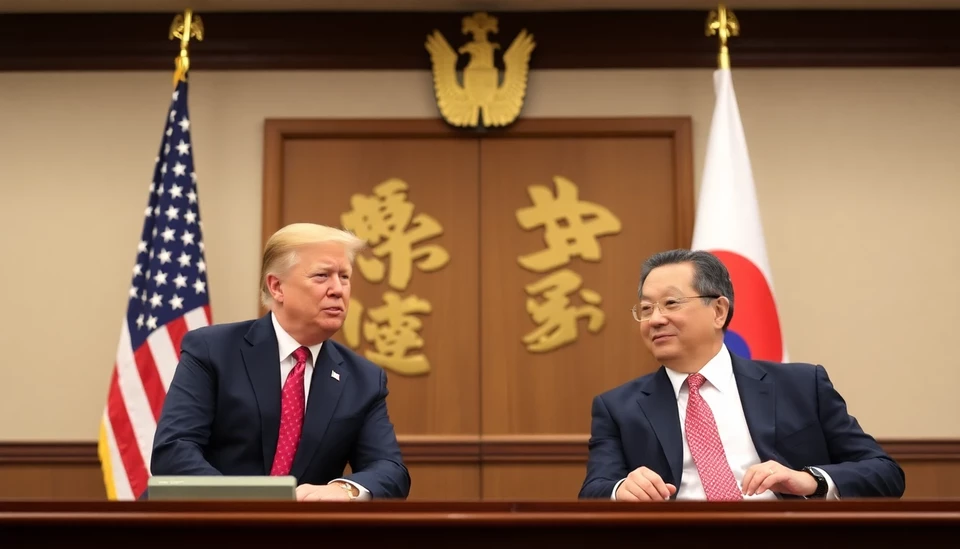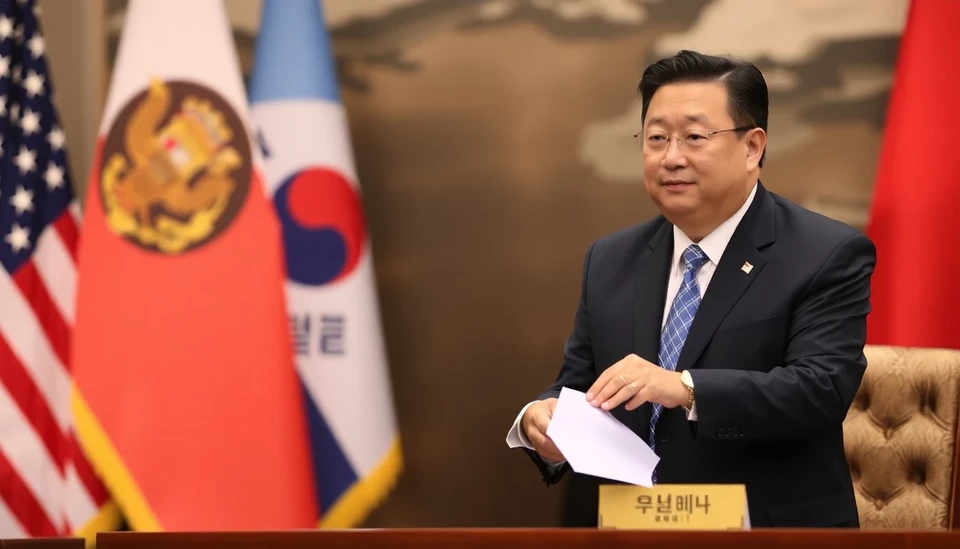
In a decisive move, South Korea has effectively navigated a potential market crisis that could have echoed through the financial systems of Asia and beyond. The government implemented a series of rapid interventions aimed at stabilizing the economy amidst growing concerns regarding international trade dynamics and domestic financial pressures.
The catalyst for the crisis management response stemmed from alarming fluctuations in key economic indicators, which included a sudden dip in consumer confidence and increased volatility in the stock market. Authorities recognized the urgency of the situation and enacted a comprehensive plan targeting immediate relief measures and long-term strategies to ensure stability.
Central to South Korea's approach was the swift solicitation of liquidity mechanisms designed to bolster market confidence. The Bank of Korea jumped into action, providing access to lines of credit for struggling financial institutions, thereby ensuring that liquidity remained available to businesses and consumers alike. This bold step was aimed at preventing any immediate fallout that could arise from a credit crunch.
Additionally, the government rolled out fiscal stimulus measures designed to boost consumption and drive economic growth. These included targeted financial support for vulnerable sectors and incentives aimed at invigorating domestic demand. Together, these actions were geared toward maintaining public confidence in the economic framework during turbulent times.
As international relations increasingly influence market stability, South Korea's proactive stance also included diplomatic efforts to engage with major trading partners. By reinforcing its commitment to constructive dialogue, the government signaled to both local and international investors that South Korea remained an attractive destination for business. This diplomatic engagement is seen as a critical element in maintaining trade flow and investor confidence amid global uncertainties.
Market analysts noted a significant calming effect following the government's interventions, with stock indices stabilizing shortly thereafter. Investors responded positively to the swift and cohesive action, indicating that confidence in South Korea's economic governance and crisis management capabilities remained intact, even amidst external pressures.
Experts opine that South Korea's rapid response not only mitigated the immediate situation but also laid the groundwork for longer-term resilience. By addressing underlying vulnerabilities in the economy, the government is better positioned to withstand future shocks and maintain stability in the face of global market fluctuations.
The successful management of this crisis underlines the importance of agility and preparedness in economic policy. It highlights that proactive governance can effectively safeguard against potential downturns and highlight the strength of a nation’s economic framework when facing uncertainties.
Overall, South Korea’s recent interventions have demonstrated a balanced approach to crisis management, with an emphasis on immediate relief and future security, serving as a model for other economies facing similar challenges.
As this situation continues to develop, market participants and analysts alike will be closely monitoring South Korea’s ongoing economic indicators to gauge the effectiveness of these measures and anticipate future trends.
#SouthKorea #MarketStability #CrisisManagement #Economy #FinancialGovernance #LiquiditySupport #TradeConfidence #InvestorRelations #EconomicRecovery
Author: Daniel Foster




